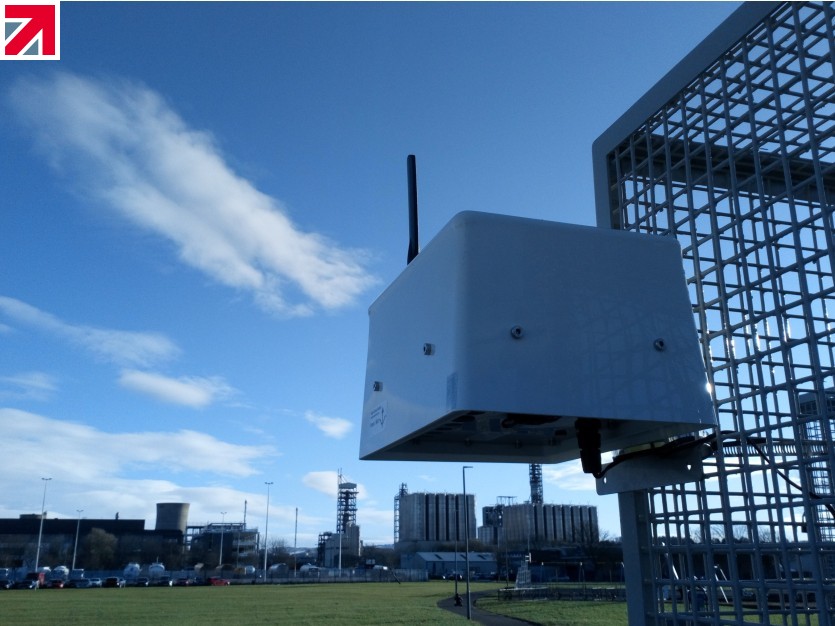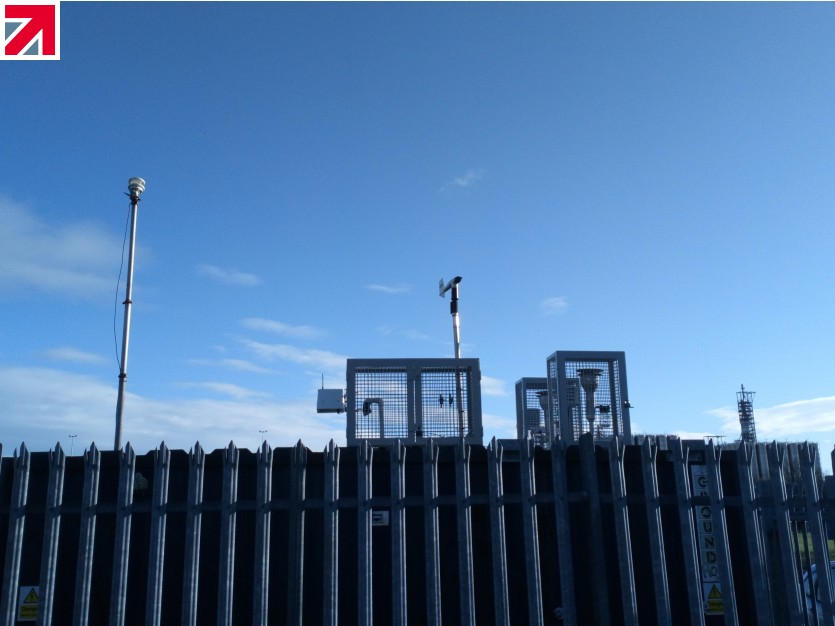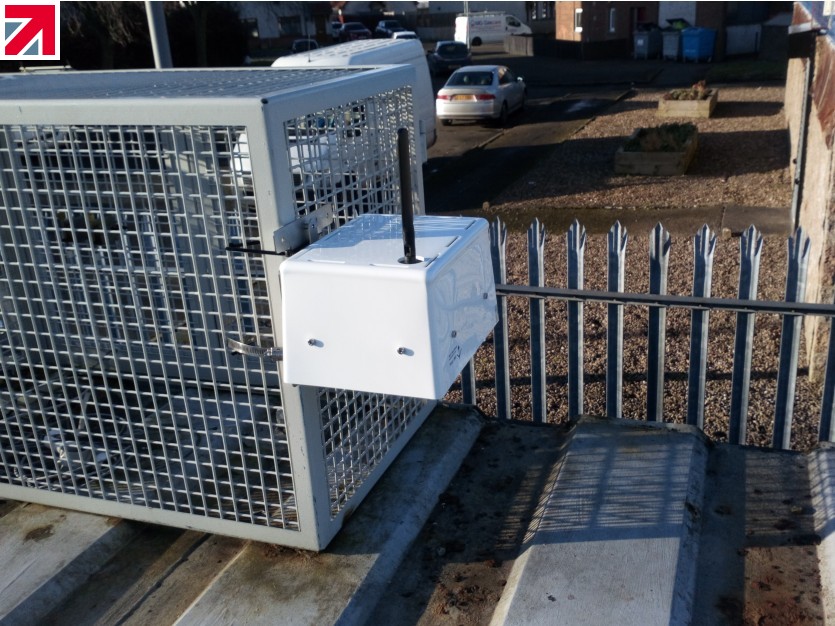Since January 2021 a Praxis/Urban has been operating at Grangemouth oil refinery complex located on the Firth of Forth in Grangemouth, Scotland, collecting SO2 data whilst collocated with reference equipment. John Millar, Air Quality Specialist at Falkirk Council, spoke to SCS about using a Praxis unit and the value of reliable data from an ambient monitor.
What benefits do ambient monitors offer and why is data validation important?
In this collaboration with South Coast Science, the benefit to Falkirk Council is to locate new environmental monitoring technology at a prominent fixed monitoring site. This is close to a large industrial zone which has an active Air Quality Management Area (AQMA) in place for SO2. Low-cost devices like the Praxis/Urban open up monitoring options that are ruled out by fixed monitoring sites (also referred to as reference instruments). On the other hand, the main concern about low-cost devices is how their accuracy compares to the traditional reference instruments. The only answer is to test and validate the low-cost devices.
South Coast Science set out to do just that: validate it’s SO2 monitoring data by comparing performance of the Praxis/Urban with the pre-existing reference instrument. Large volumes of air quality data in the Grangemouth AQMA make it an ideal site for validation. Field-data covering a range of climate and environmental conditions is needed to build an air quality data model with sufficient confidence. Hence why the access to real-world data through this project is so valuable.
Working with Local Authorities and Environmental Scientists
John has worked at Falkirk Council as an Air Quality Monitoring specialist since 2017 and has over 15 years experience in environmental monitoring for various organisations in Scotland.
At Falkirk Council his duties include maintaining and completing local air quality management requirements of one of the largest air quality monitoring networks in Scotland. This supports the Council in it’s responsibility to comply with The Environment Act 1995 and National Air Quality Strategy (NAQS).
Previously John has worked on surveying residential and commercial properties, on asbestos testing and reporting on stack emissions at UK power stations. Prior to that as a Senior Scientist at SEPA he completed a variety of regulatory environmental compliance monitoring including ambient air, landfill, stack emissions, noise and waste investigations.
The breadth and scale of his experience in environmental monitoring makes him an ideal candidate to evaluate how ambient air quality monitors perform in the field.
John’s opinion on using the Praxis/Urban
The project first came about following an introduction from David Hector at Ricardo, who South Coast Science have been working with for over three years. He indicated that the Praxis offered a good quality, low-cost SO2 sensor and were looking for a suitable site to deploy it for testing. John believed this was a project Falkirk Council would be interested in collaborating on and they took it from there.
“The device is easy to set up and provides reliable data which can be remotely accessed, which is perfect for our use. The ability to easily reposition it is obviously a huge advantage over fixed monitoring sites, while we still have sufficient confidence in the data." - John Millar on using the Praxis/Urban
This process will soon be complete and the collocation data will be used to build the sensor correction algorithm. Evidence of excellent performance in SO2 monitoring in addition to the completed collocation studies on particulate matter makes a strong case for selecting the Praxis/Urban for ambient air monitoring.
For more information about South Coast Science air quality monitors please visit our profile page.
Find out more about South Coast Science on their member profile page here
Member-created content 3 years ago | From members


